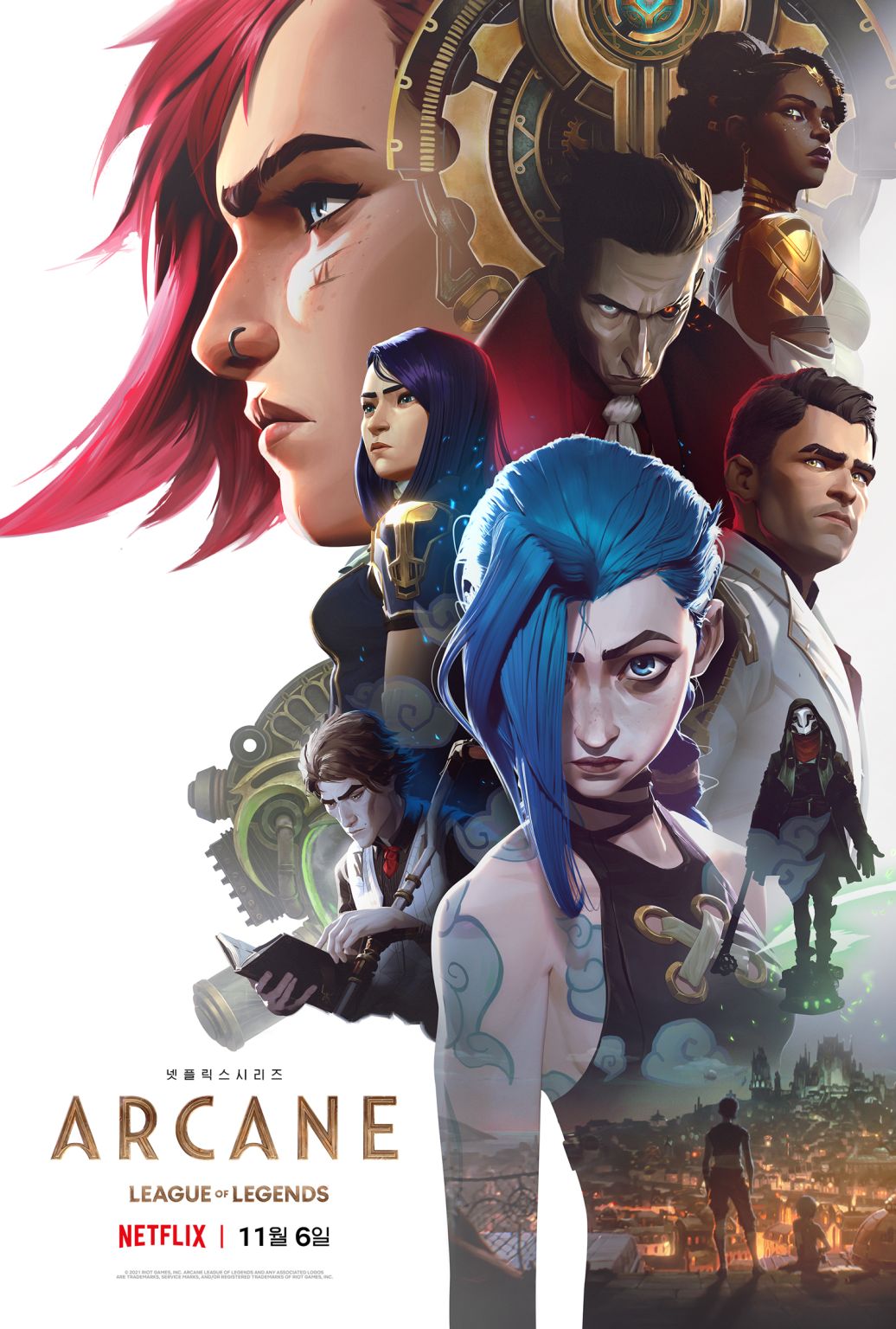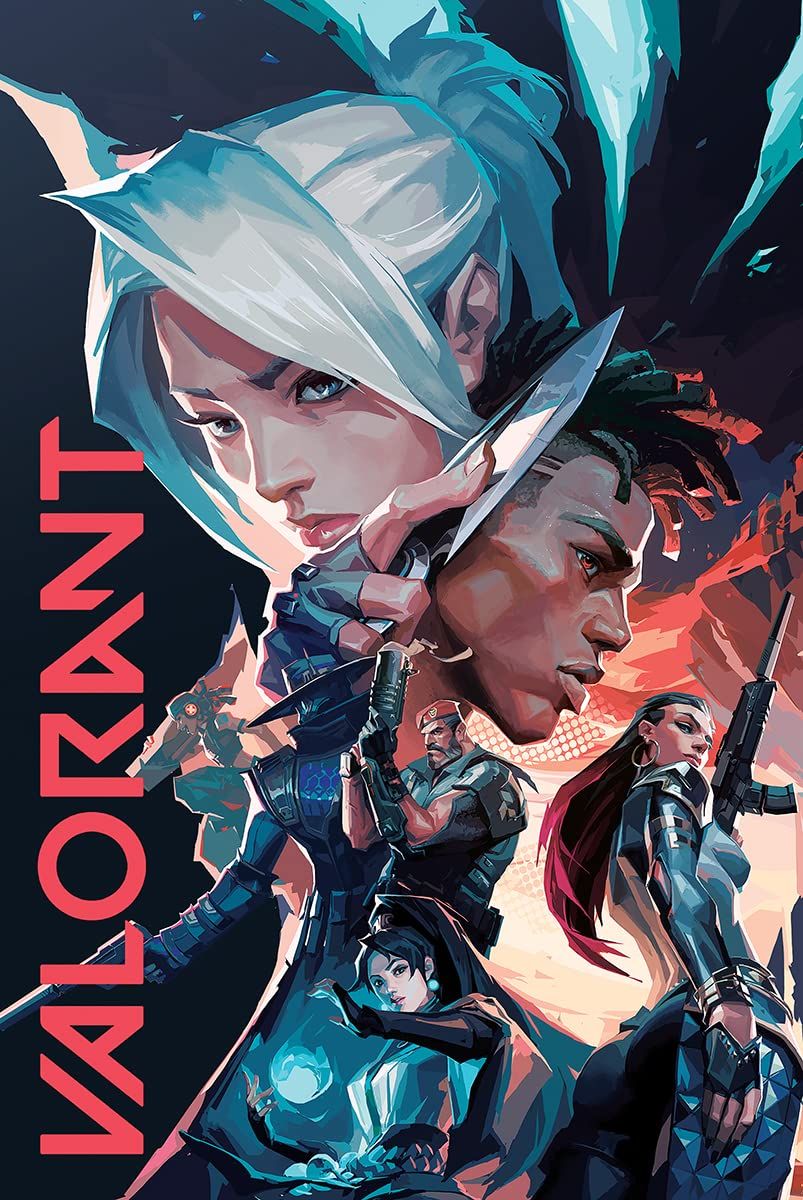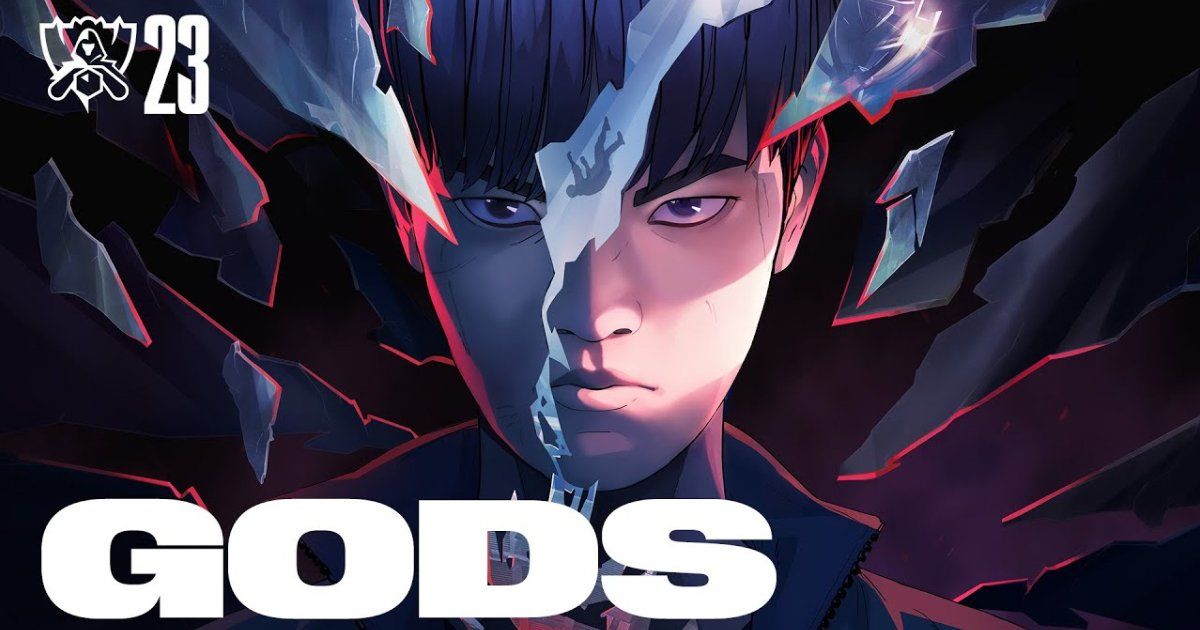Venture investing in games
The gaming industry has seen explosive growth in the past decade, attracting significant VC funding. However, only a select few startups have managed to achieve true venture-scale outcomes.
Drawing from personal experience at Riot Games, a game studio that went on to be acquired by Tencent for nearly $10bn, I want to share some factors that propelled Riot’s ascent and insights into what the next venture-scale game company might look like:
1. Unsolvable Puzzle
Creating a fun game is just the beginning; understanding your core audience and their motivations is table stakes. A successful game keeps players coming back, whether through progression, mastery, or social interaction. Games like League of Legends (LoL) excel by embracing live services, offering frequent content updates and balance tweaks, constantly challenging players to solve new puzzles within the game. The result is a game that can be played for 10,000s of hours, coupled with a business model that scales alongside gameplay.
2. Balancing Global/Local
To make your game resonate worldwide, it must feel local everywhere. Unlike the default of self-publishing at home and relying on 3rd party publishers abroad, Riot prioritized a consistent first-class player experience, self-publishing LoL in most markets. With VALORANT, Riot went a step further, integrating real-world cultures into the game’s agents and broader content. This approach enables Riot to collaborate with local talent, fostering a stronger connection between the game and players, bridging gaming with art, music, animation, and more.
3. Impacting Culture/Identity
Build something that becomes a core part of a player’s identity. Riot focused on supporting the community’s expression of their love for games through streamers, cosplayers, and aspiring competitive players. Over time, Riot extended the gaming experience into sports, music, animation, and cultural identity, making the game a central aspect of players’ lives. As a result, players are able to express personalization through digital and physical goods, sharing their love of these games with everyone around them.
The next hit likely doesn’t come from making small improvements on existing success cases. After WoW, the next hit wasn’t a new MMO with better lore or mechanics. Similarly, the next hit after LoL wasn’t another MOBA.
Winners in these genres dominate the market, creating network effects, value around their IP, and unassailable moats. Investors should focus on blue ocean opportunities that major incumbents are unlikely to touch. The path to building the next venture-scale game company lies in embracing unique opportunities, fostering a deep connection with the player base, and having the patience to cultivate a lasting “forever” gaming experience.
At Patron, we believe in supporting world-class teams pursuing blue ocean opportunities, and we’re excited to find and partner with the next venture scale game companies.



